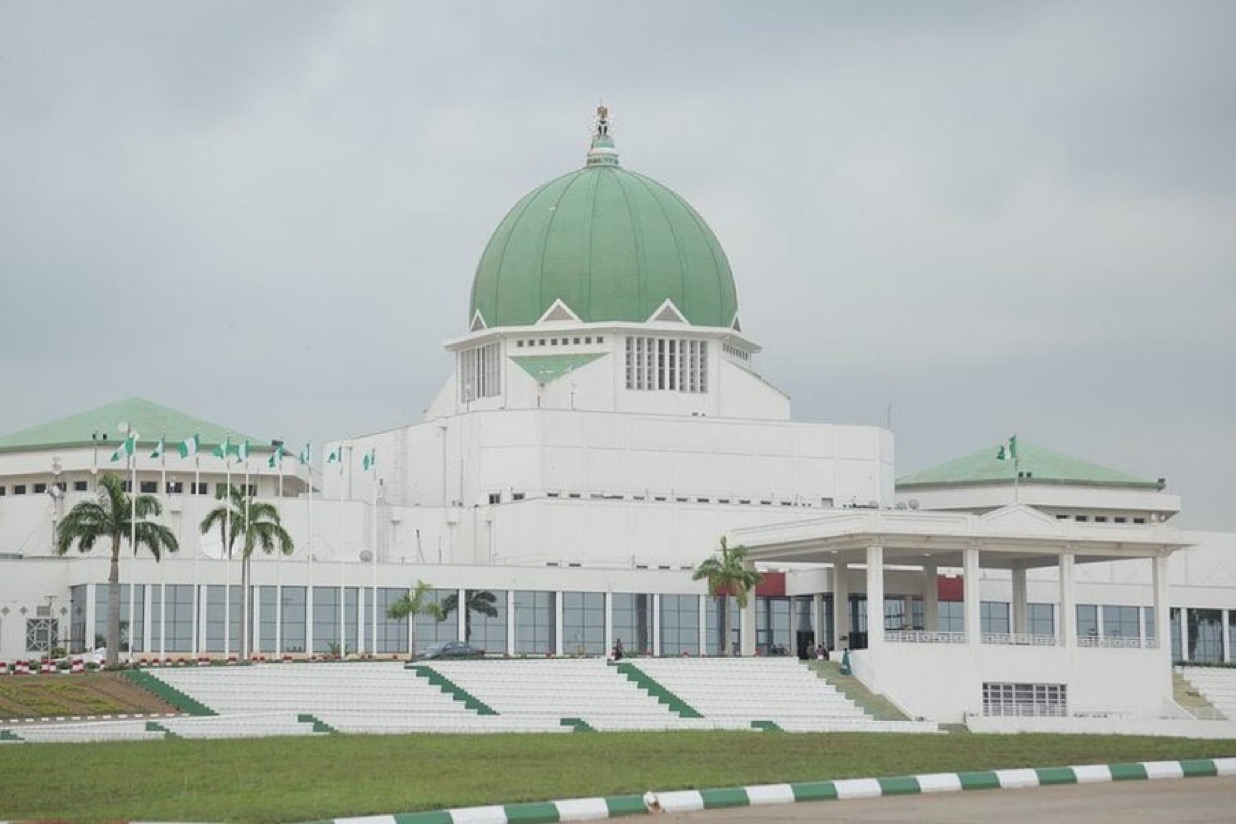National Assembly Proposes November 2026 For Nigeria’s Next General Elections

The National Assembly has proposed rescheduling Nigeria’s next general elections to November 2026, moving them six months earlier than the usual February timeline.
The recommendation comes through the Electoral Act (Amendment) Bill 2025, which was presented on Monday at a joint public hearing by the Senate and House Committees on Electoral Matters in Abuja. The bill seeks to repeal the 2022 Electoral Act and introduce a new Electoral Act 2025. Lawmakers, civil society groups, and other stakeholders attended the one-day session.
The draft amendment states that “Elections into the office of the President and Governor of a State shall be held not later than 185 days before the expiration of the term of office of the last holder of the office.” The change is intended to ensure all election disputes are resolved before the May 29, 2027 handover.
“The above provisions are to ensure that all litigations are concluded before swearing in,” the document notes.
Lawmakers, however, emphasized that adjusting the election date alone may not be sufficient unless the judiciary is strengthened to handle the growing number of election cases. The joint committee questioned, “In a situation where a rerun is ordered by the Supreme Court at the end of 185 days, can we have vacancy in the office of the President?” highlighting the need for judicial preparedness.
If the amendment is approved, presidential and governorship elections would take place in November 2026, about six months before the current administration’s term ends.
Other notable provisions in the bill include voting rights for inmates, early diaspora voting, linking voter registration to the National Identification Number (NIN), and mandatory electronic transmission of results.
The amendment also proposes significant changes to voter identification. It states that “The use of the Permanent Voter Card (PVC) will not be compulsory, since the Bimodal Voter Accreditation System (BVAS) does not recognise the microchip in the PVC.” Registered voters would be able to “download and print their voter’s card whenever the need arises.”
Lawmakers believe this digital approach will curb the buying and selling of PVCs, a challenge in past elections, and make voter verification fully electronic. The draft includes adjustments to Sections 18 and 47 and deletes Section 22 of the existing Electoral Act.


